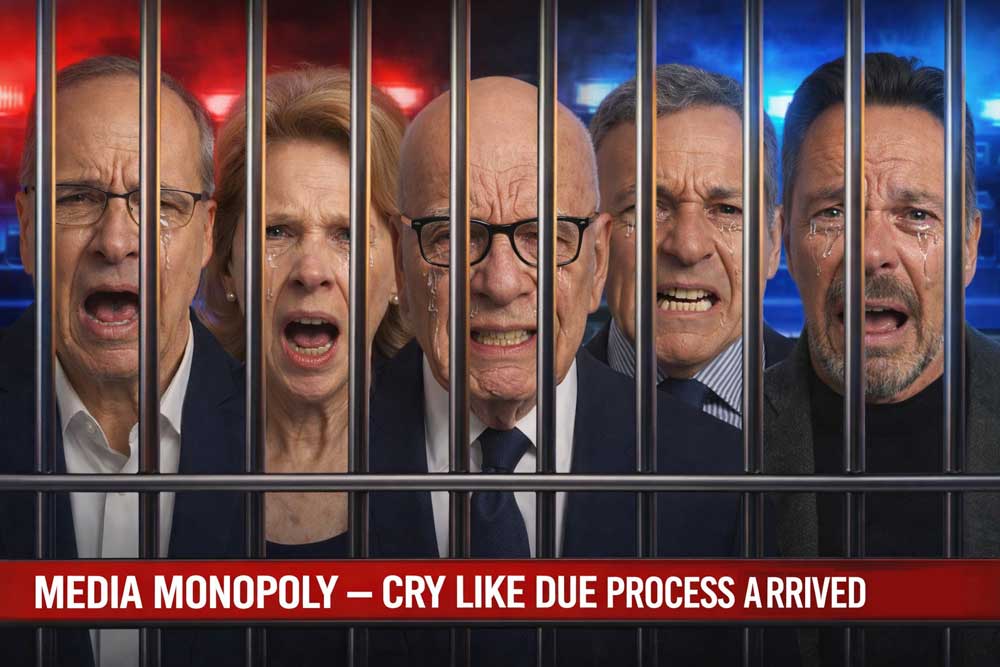NEW ORLEANS (AP) — New Orleans, known for its vibrant culture and history, is soon to become a battleground for federal immigration enforcement under the Trump administration's upcoming initiative, Operation 'Swamp Sweep.' This operation, commencing December 1, involves deploying 250 federal troops to southeast Louisiana, adding to the already contentious atmosphere around the city's immigration policies.
Governor Jeff Landry, a Republican, has been proactive in aligning with federal immigration enforcement, advocating for legislative measures and legal challenges to exert pressure on New Orleans' Democrat leadership. The recent removal of federal oversight from the New Orleans Police Department further complicates matters, as the department is now free from restrictions on participating in immigration enforcement.
The operation, led by Border Patrol Commander Gregory Bovino, brings to mind aggressive immigration campaigns previously conducted in places like Los Angeles and Chicago. Landry has framed the initiative as a necessary measure to 'take dangerous criminals off the street.' However, Mayor-elect Helena Moreno has expressed deep concerns about potential violations of civil rights and racial profiling within immigrant communities.
New Orleans itself has deep-rooted immigrant communities, including a significant population of ethnic Vietnamese and a rich blend of cultures that resonate throughout its history. Local leaders often clash with state officials, who accuse them of lax law enforcement in immigration matters. Moreno emphasized the need to educate vulnerable populations about their rights and the legal processes that may affect them.
The tension escalates further as Louisiana's GOP-led legislature enacts laws targeting New Orleans' so-called sanctuary policies, threatening legal repercussions against city law enforcement officials who do not cooperate with federal immigration efforts. Landry and other state officials argue these measures are necessary to maintain law and order, citing high-profile crimes involving undocumented individuals.
Community advocates, like Rachel Taber from Union Migrante, warn that increased federal presence would have detrimental effects on the local economy and the livelihoods of those dependent on immigrant labor, particularly during major events such as Mardi Gras.
The situation is interwoven with broader national debates about immigration, public safety, and civil rights. As New Orleans navigates this fraught landscape, local leaders are poised to confront state policies while striving to safeguard the rights and dignity of its diverse residents.
Governor Jeff Landry, a Republican, has been proactive in aligning with federal immigration enforcement, advocating for legislative measures and legal challenges to exert pressure on New Orleans' Democrat leadership. The recent removal of federal oversight from the New Orleans Police Department further complicates matters, as the department is now free from restrictions on participating in immigration enforcement.
The operation, led by Border Patrol Commander Gregory Bovino, brings to mind aggressive immigration campaigns previously conducted in places like Los Angeles and Chicago. Landry has framed the initiative as a necessary measure to 'take dangerous criminals off the street.' However, Mayor-elect Helena Moreno has expressed deep concerns about potential violations of civil rights and racial profiling within immigrant communities.
New Orleans itself has deep-rooted immigrant communities, including a significant population of ethnic Vietnamese and a rich blend of cultures that resonate throughout its history. Local leaders often clash with state officials, who accuse them of lax law enforcement in immigration matters. Moreno emphasized the need to educate vulnerable populations about their rights and the legal processes that may affect them.
The tension escalates further as Louisiana's GOP-led legislature enacts laws targeting New Orleans' so-called sanctuary policies, threatening legal repercussions against city law enforcement officials who do not cooperate with federal immigration efforts. Landry and other state officials argue these measures are necessary to maintain law and order, citing high-profile crimes involving undocumented individuals.
Community advocates, like Rachel Taber from Union Migrante, warn that increased federal presence would have detrimental effects on the local economy and the livelihoods of those dependent on immigrant labor, particularly during major events such as Mardi Gras.
The situation is interwoven with broader national debates about immigration, public safety, and civil rights. As New Orleans navigates this fraught landscape, local leaders are poised to confront state policies while striving to safeguard the rights and dignity of its diverse residents.























